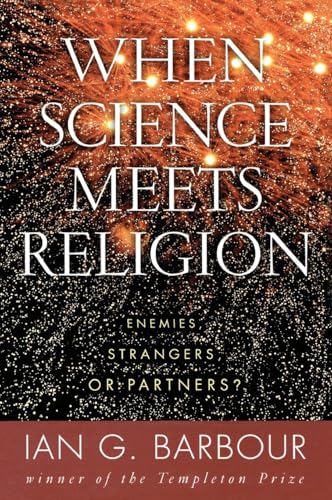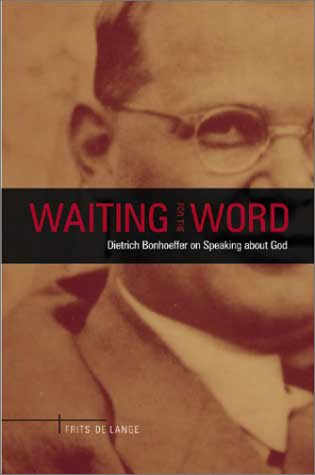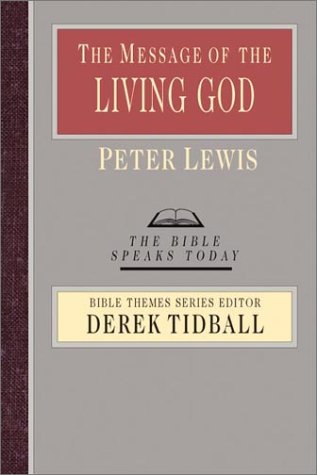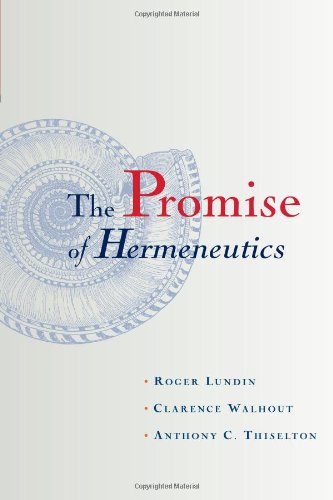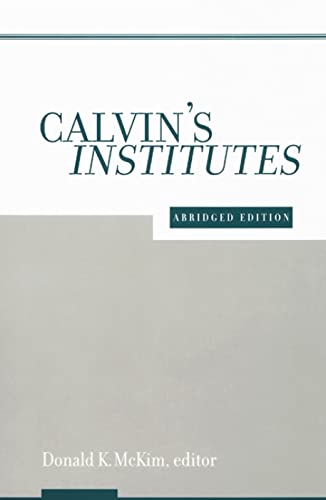Joshua, Berit Olam, Studies in Hebrew Narrative and Poetry
Written by Daniel L. Hawk Reviewed By David PennantThis commentary on the Book of Joshua is one of a series which approaches the text as narrative, and therein lies its main difficulty. Between a third and a half of Joshua comprises lists of kings and territories, which do not read like narrative at all. As with any commentary series, some biblical books will fit the overall theme better than others. It seems unfortunate to have to force Joshua into a mould that does not fully suit it.
That said, however, there are many positive aspects to the volume. Its starting point, that the book’s fundamental concern is ‘to construct an identity for the people of God’ (dust jacket), is well worth pondering. The frequent observations on structure in Joshua and allusions to the Pentateuch are helpful. I enjoyed the twelve charts. In particular, the Deuteronomic outlook of Joshua is often addressed, and helpful comparisons made with the book of Deuteronomy.
Moving to points of detail, the Contents page does not make it clear at first glance that Hawk’s chapter two is an overview of his chapters three to nine. Matters of literary sources and of archaeology are not addressed, in keeping with the desire to see the book as narrative. These considerations are matters of taste. But the description of Joshua as ‘a story that seems to endorse brutality against others’ (xii) is more serious. It ignores Genesis 15:16, as do several other recent commentaries on Joshua. This key verse explains that the reason for Israel’s prolonged suffering in Egypt was that the inhabitants of the promised land were not yet ripe for punishment. In other words, the Bible’s own explanation is that the invasion of Canaan was God’s act of judgement on the inhabitants of the land. Viewed in this light, Joshua is not a text that supports the ‘violent execution of power’ (xii) in today’s world. This insight could have been addressed with advantage: as it stands, the Judge of all the earth is not seen to be doing right (cf. Gen. 18:25).
Readers for whom English is a second language may find this book hard going, but those who do not flinch at words like ‘paratactic’ (20) will appreciate it. To my mind, it is a useful addition to the growing corpus of literary approaches to Scripture.
David Pennant
Woking



